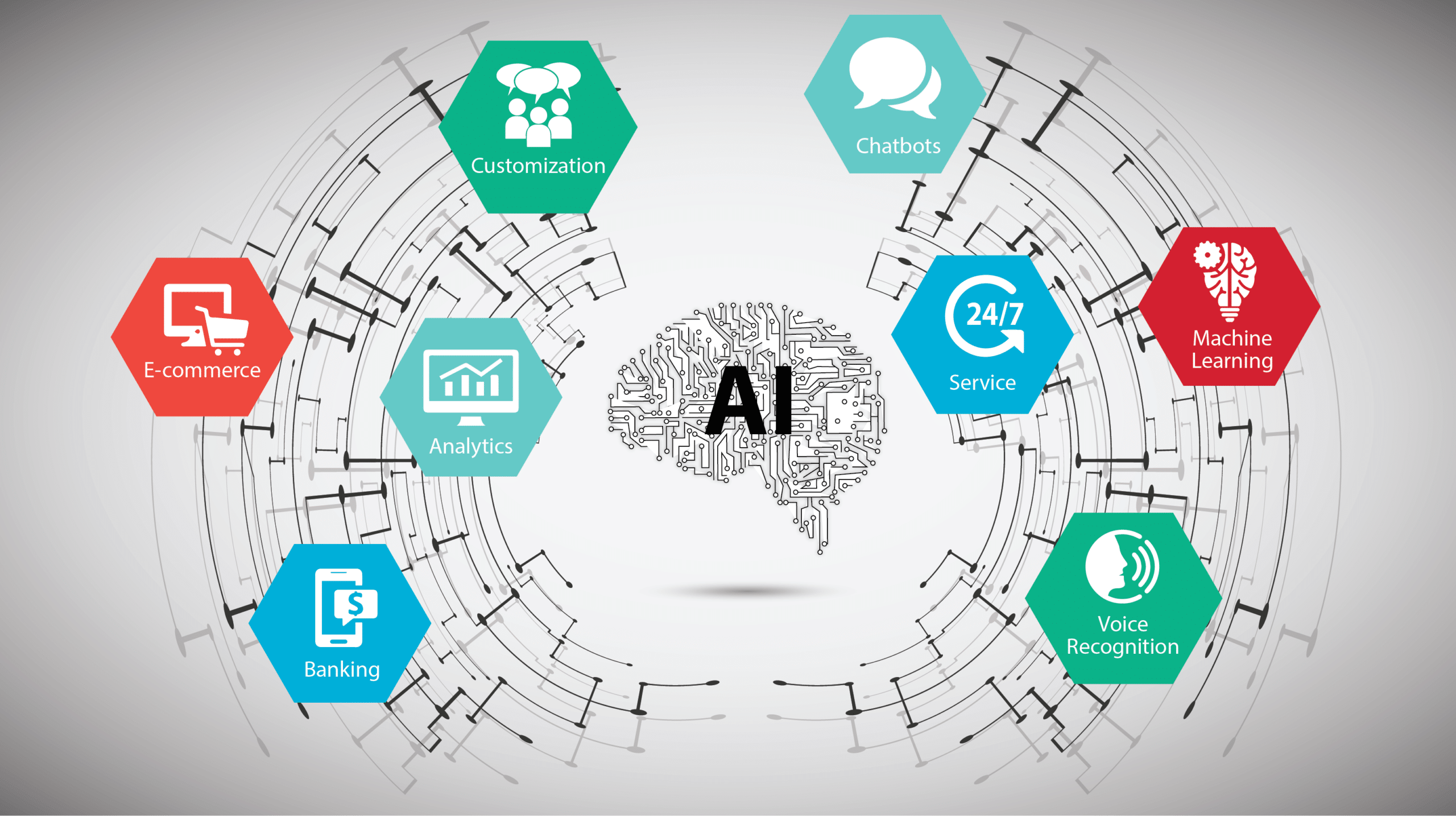
The Rise of Recommender Systems: AI Powering Personalized ExperiencesThe Rise of Recommender Systems: AI Powering Personalized Experiences In an era characterized by information overload, recommender systems have emerged as indispensable tools for filtering the vast ocean of content and delivering personalized experiences to users. These systems, powered by artificial intelligence (AI), have revolutionized industries ranging from e-commerce to entertainment by leveraging user data to predict preferences and make tailored recommendations. How Recommender Systems Work Recommender systems utilize a variety of techniques, including: * Collaborative Filtering: Analyzes user behavior and interactions to identify similar users and recommend content that they have enjoyed. * Content-Based Filtering: Recommends items based on the similarity of their attributes to those that the user has previously interacted with. * Hybrid Approaches: Combine collaborative and content-based methods to achieve more accurate and personalized recommendations. Applications of Recommender Systems Recommender systems have far-reaching applications across various domains: * E-commerce: Suggest products that match user browsing and purchase history. * Streaming: Curate personalized playlists and movie recommendations based on user preferences. * Social Media: Display relevant posts, advertisements, and friend suggestions based on user interactions. * News: Filter and prioritize articles tailored to user interests. * Healthcare: Provide personalized health recommendations and medication suggestions. Benefits of Recommender Systems * Enhanced User Experience: Personalized recommendations improve user satisfaction by delivering content that is relevant and engaging. * Increased Sales and Revenue: Recommendations can drive conversions and increase revenue by exposing users to products and services they might not have otherwise discovered. * Reduced Content Fatigue: Filters out irrelevant content, reducing user frustration and improving engagement. * Improved Discovery: Recommender systems help users find new and interesting content that they might not have otherwise encountered. Challenges and Future Directions While recommender systems have revolutionized personalization, they also pose challenges: * Bias and Fairness: Ensuring that recommendations are unbiased and inclusive requires addressing biases in training data and algorithms. * Data Privacy: Collecting and using user data for personalization raises concerns about privacy and consent. * Ethical Considerations: Recommender systems can influence user behavior and decisions, raising ethical questions about their impact on society. Despite these challenges, the future of recommender systems is bright. Advances in AI, such as natural language processing and deep learning, are enabling more sophisticated and personalized recommendations. Moreover, there is increasing focus on addressing bias, fairness, and privacy concerns. As these systems continue to evolve, they will play an even greater role in shaping our digital experiences. Conclusion Recommender systems are a powerful tool for delivering personalized experiences across a wide range of domains. By harnessing the power of AI, these systems analyze user data to make tailored recommendations, improving user engagement, increasing revenue, and enhancing discovery. As recommender systems continue to advance, they will undoubtedly become an indispensable part of our digital landscape.
Posted inNews